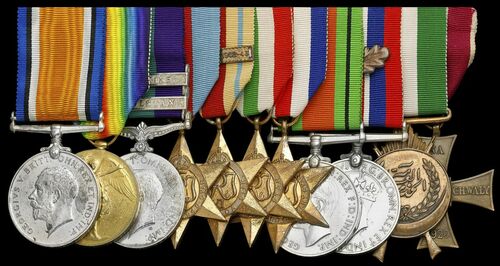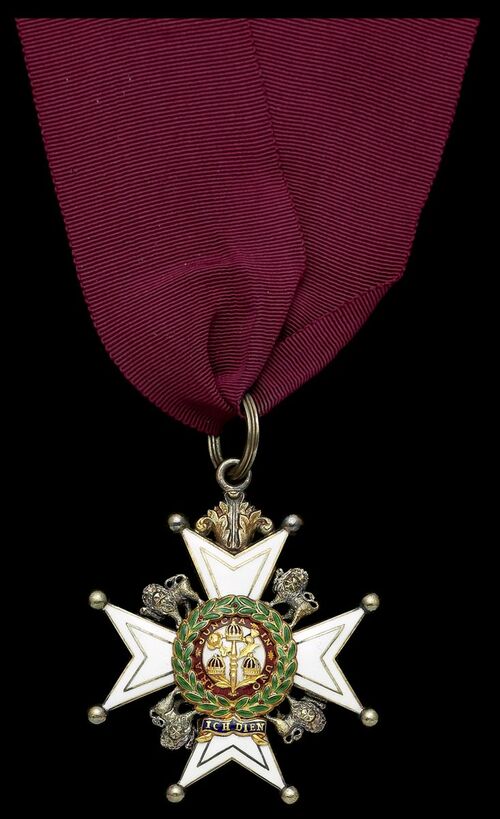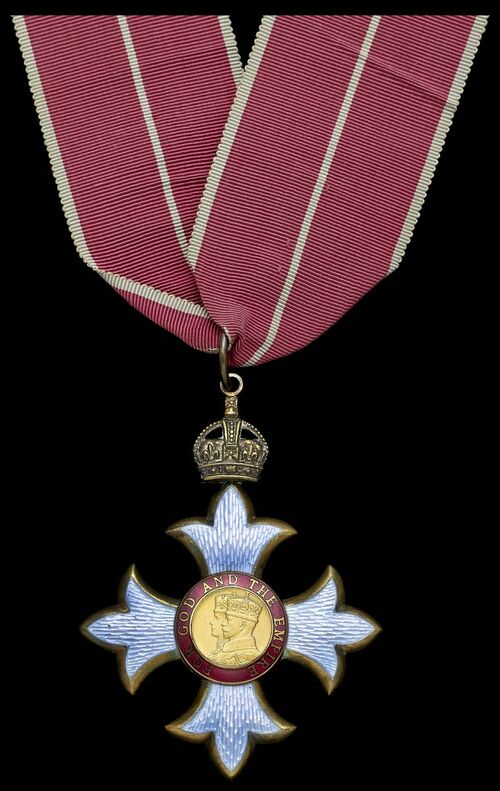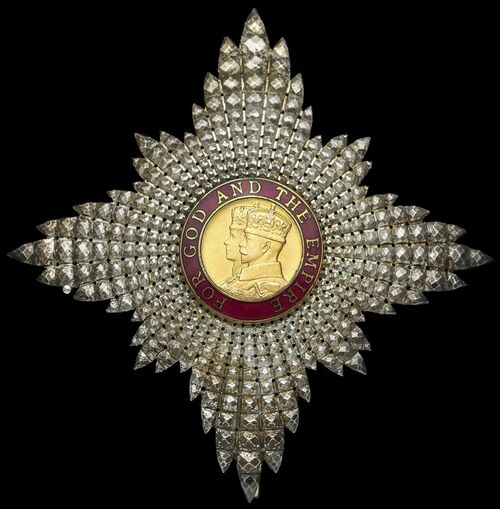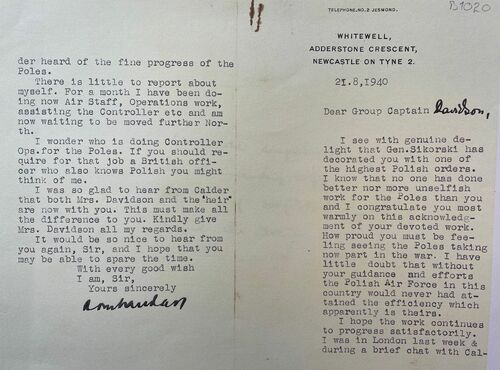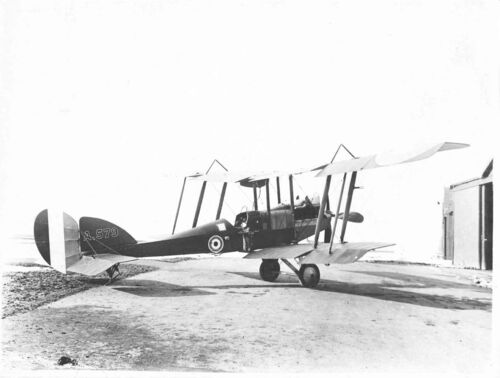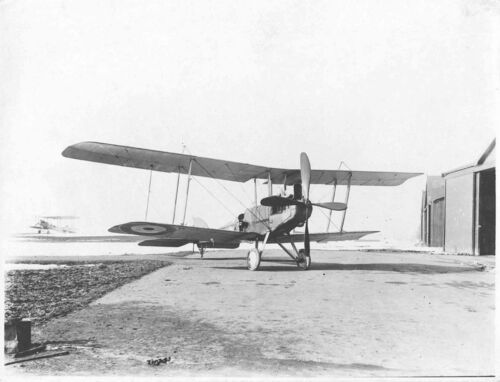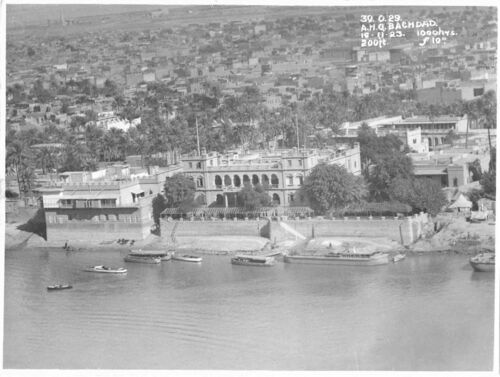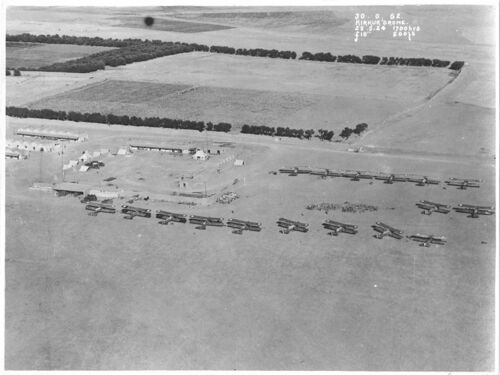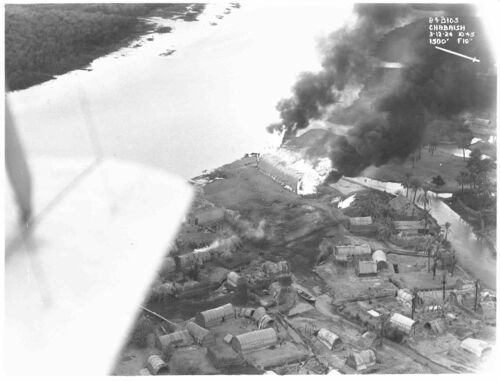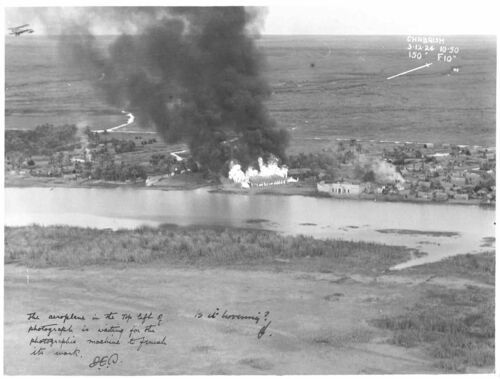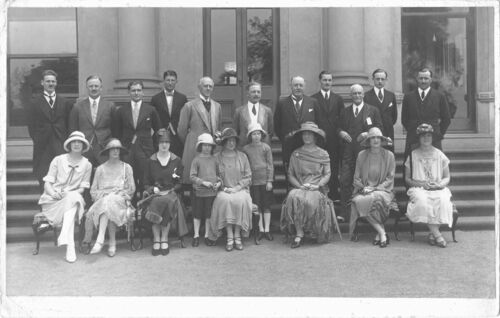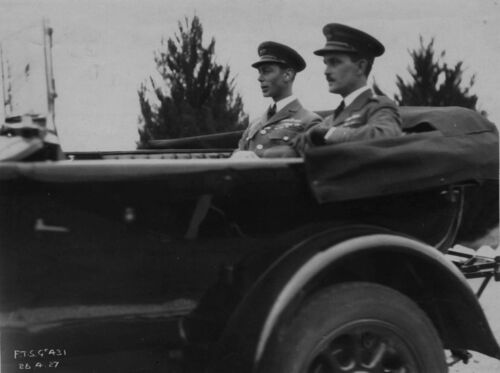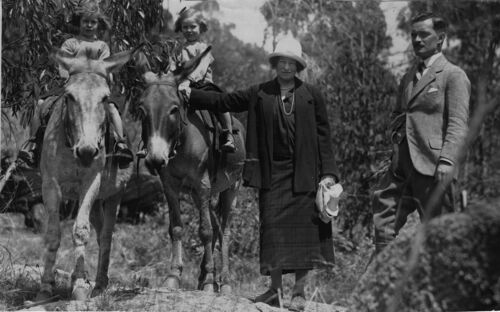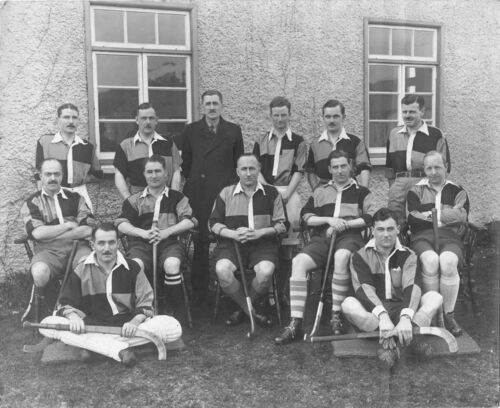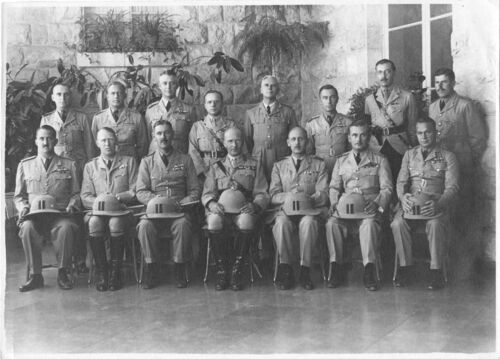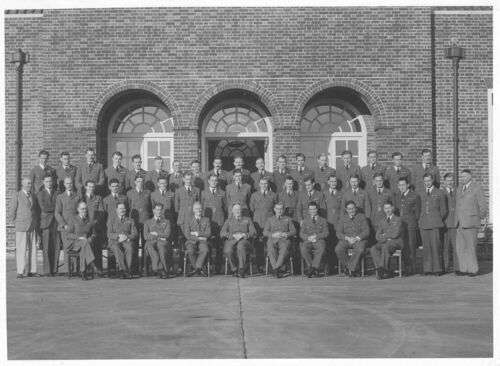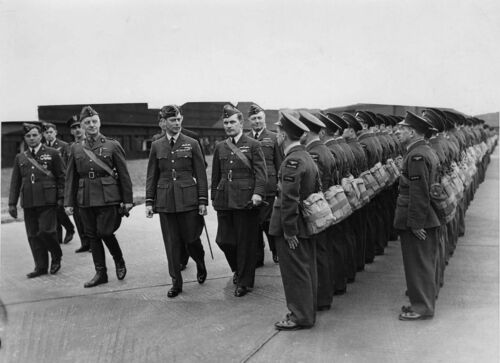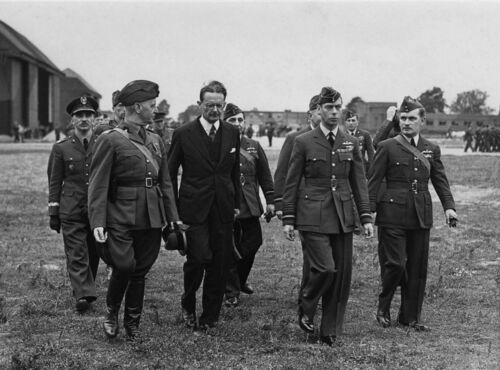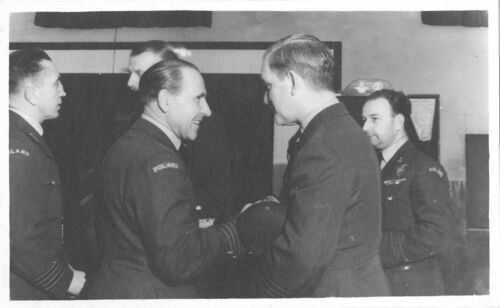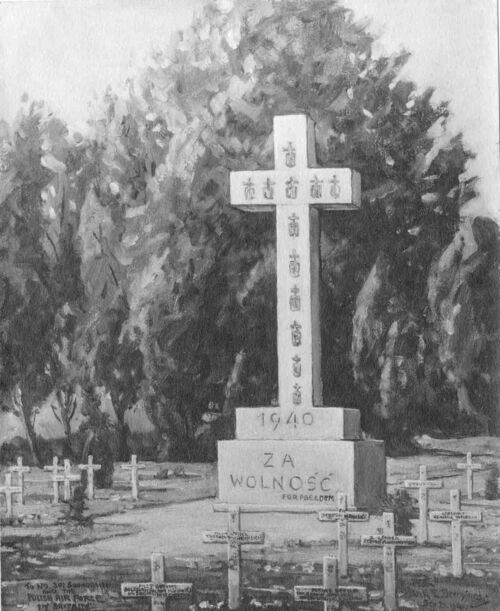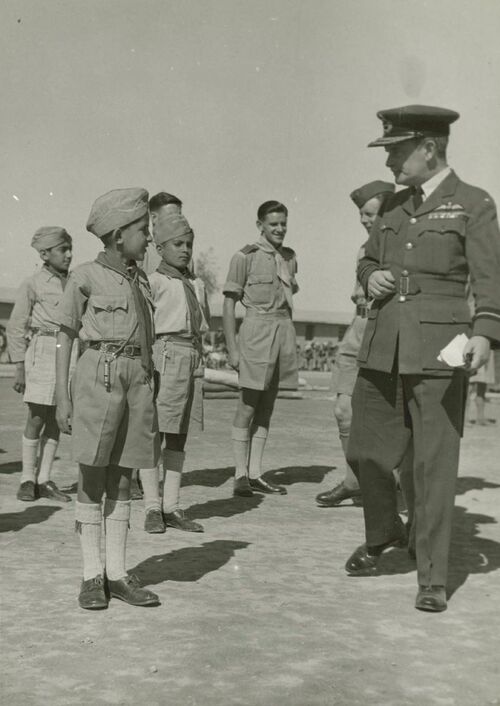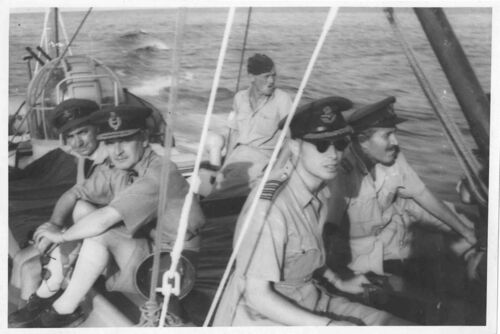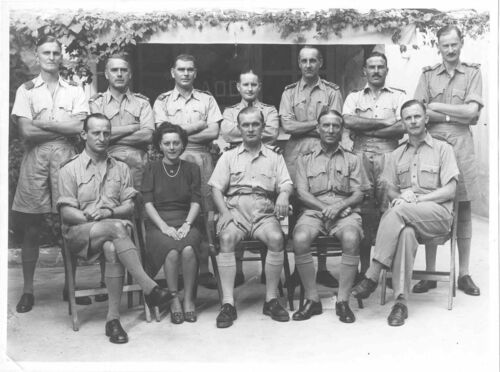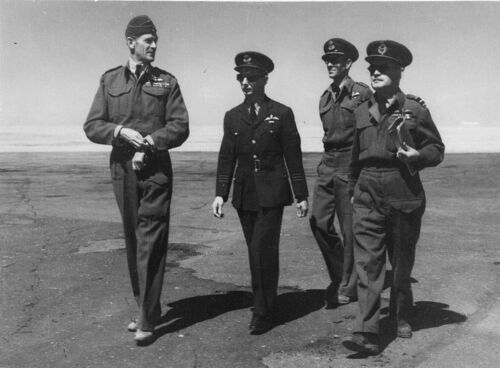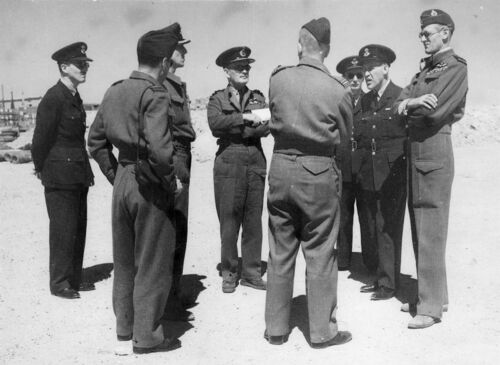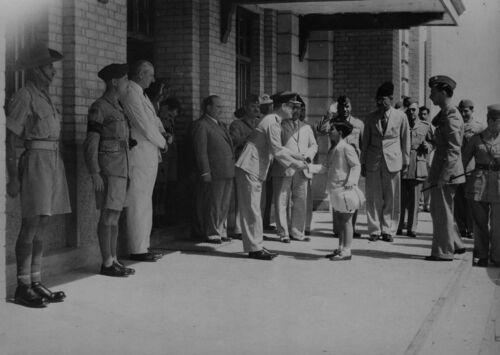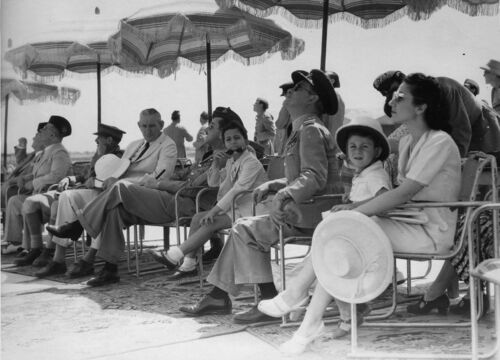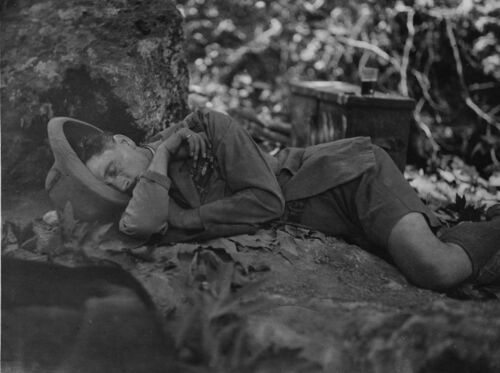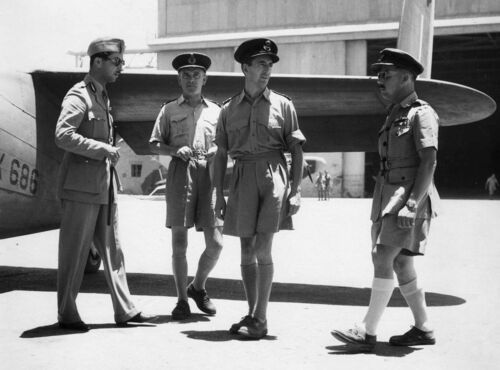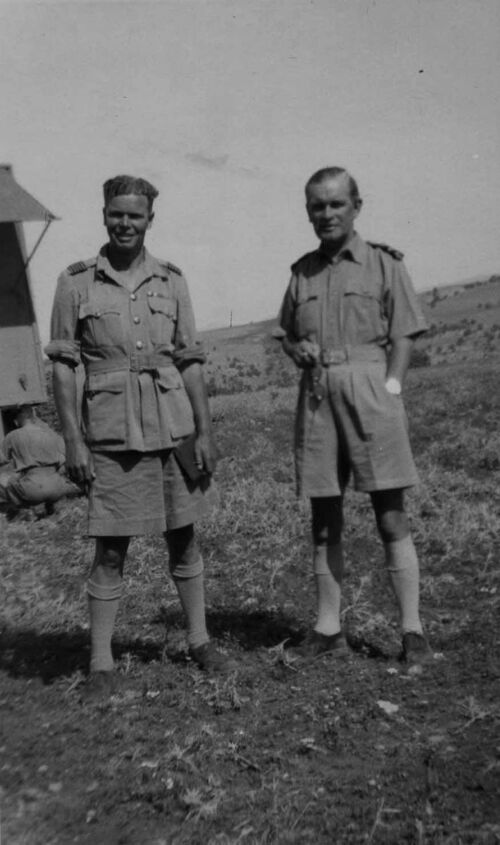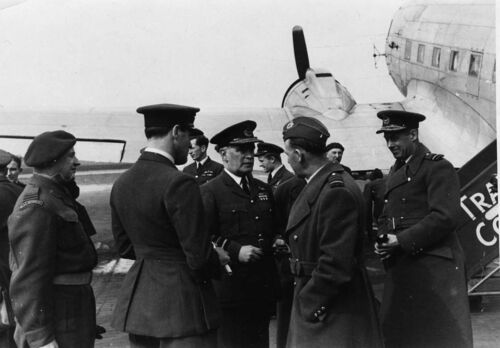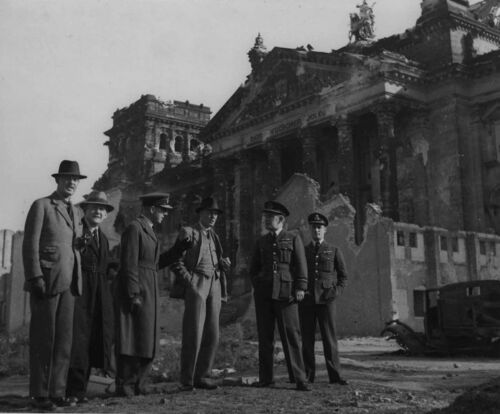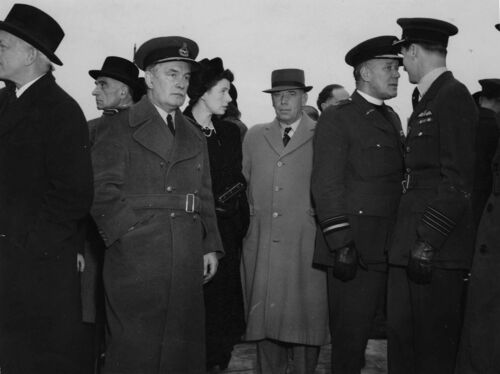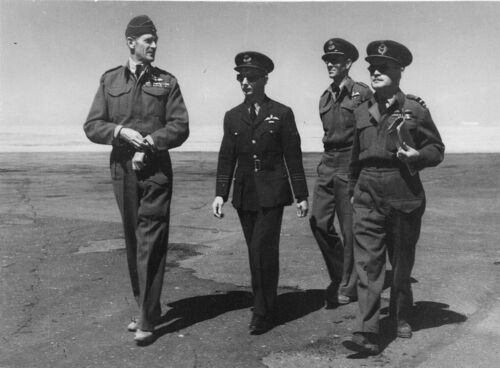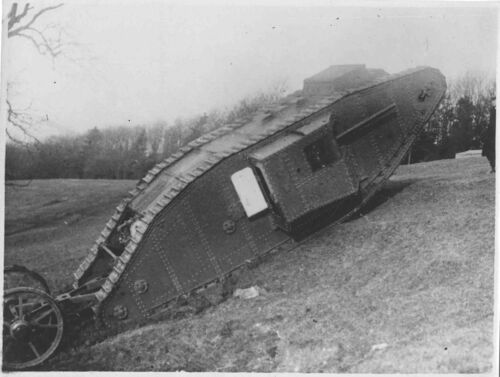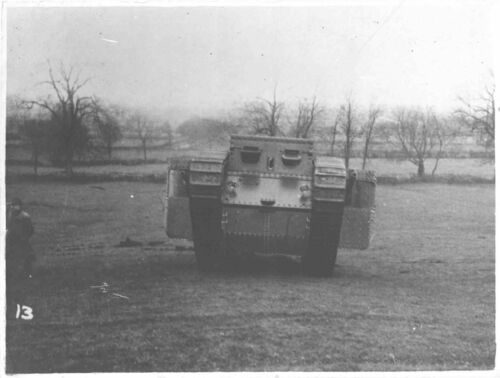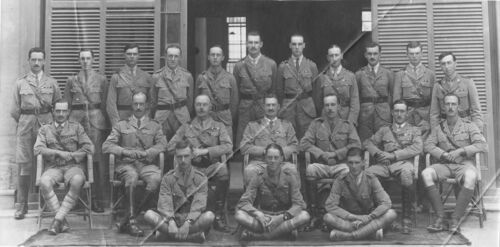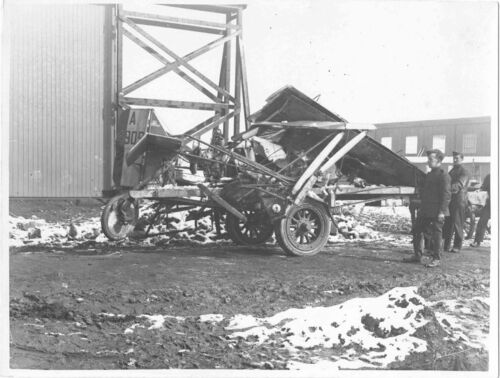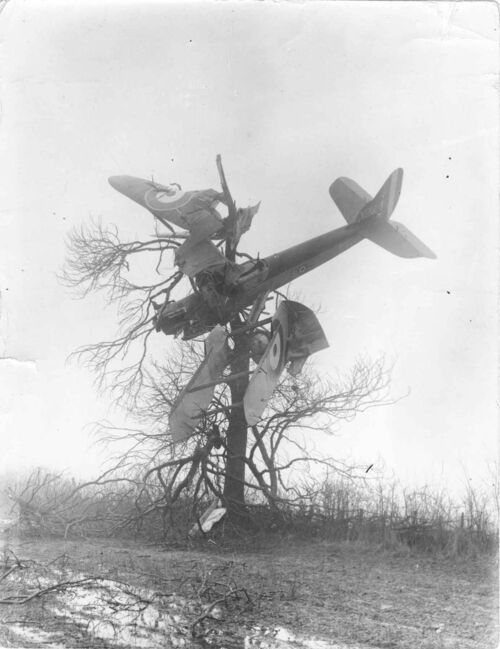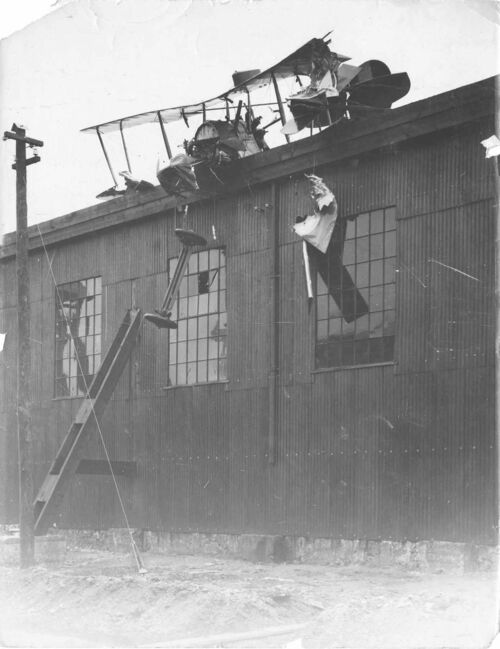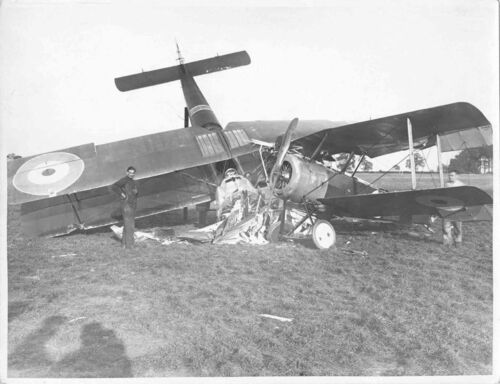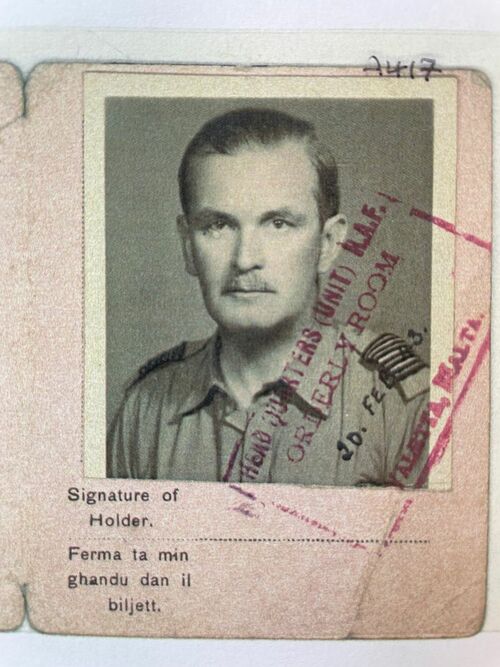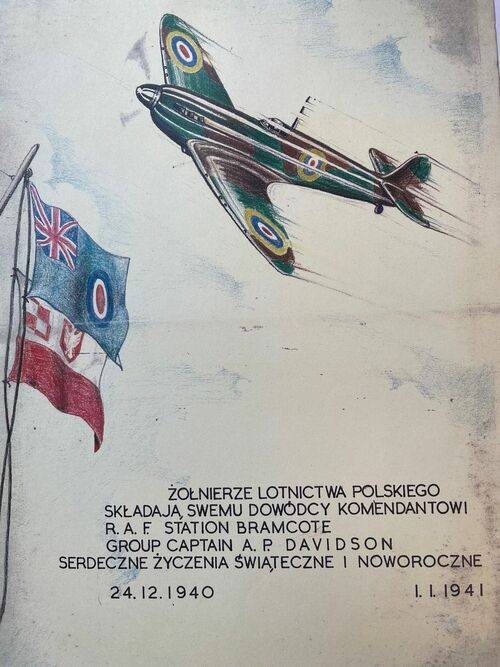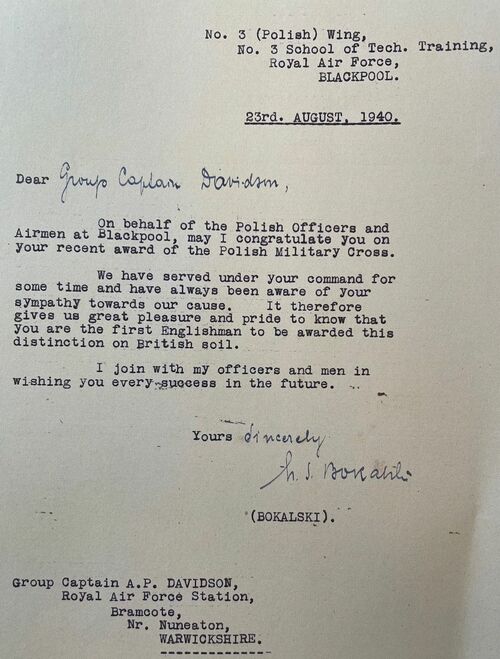Auction: 23002 - Orders, Decorations and Medals
Lot: 121
The outstanding 1950 K.B.E., 1946 C.B., Polish Cross of Valour group of thirteen awarded to Air Vice-Marshal Sir A. P. Davidson, Royal Air Force, late Royal Flying Corps and Highland Light Infantry
Davidson cut his teeth on the Western Front during the Great War before flying with great skill over Kurdistan in 1923; he survived several forced landings and was forced to climb peaks and walk through hostile enemy country in a 'blinding hail storm' to make the lines after a hair-raising crash landing in Snipe F2373 over the Spilik Dagh, he was lucky not to be cut down by rifle fire after his epic ordeal as '...I was wearing tartan trews which at a distance were not unlike the trousers worn by the Kurds'
Davidson added further laurels in the opening shots of the Second World War when he was Air Attaché to Warsaw and gave all he could to speed the supply of fighter aircraft to the Poles; sadly this was to no avail but it earned him the first Cross of Valour to be awarded on English soil and the acclaim and command of Polish Airmen in Britain
The Most Excellent Order of the British Empire, K.B.E. (Military) Knight Commander’s 2nd Type set of Insignia, comprising neck Badge, silver-gilt and enamel; Star, silver, silver-gilt, and enamel, in its Garrard & Co., London case of issue; The Most Honourable Order of the Bath, C.B. (Military) Companion’s, neck Badge, silver-gilt and enamel, complete with full neck riband and in its Garrard & Co. Ltd. case of issue; British War and Victory Medals (2. Lieut. A. P. Davidson. R.A.F.); General Service 1918-62, 2 clasps, Kurdistan, Palestine (F/O. A. P. Davidson. R.A.F.); 1939-45 Star; Africa Star, clasp, North Africa 1942-43; Italy Star; France and Germany Star; Defence and War Medals 1939-45, with M.I.D. oak leaves; Iraq, Kingdom, Active Service Medal, without clasp; Poland, Republic, Cross of Valour, mounted for wear as applicable, good very fine, in Spink & Son leather case (13)
K.B.E. London Gazette 2 January 1950.
[C.B.E.] London Gazette 24 September 1941.
C.B. London Gazette 13 June 1946.
Polish Cross of Valour London Gazette 11 April 1941. An award for his excellent work as Air Attaché in Warsaw in the 1939-40 campaign and the first such award to a British Officer for the Second World War.
M.I.D. London Gazette 1 January & 17 March 1941, 14 January 1944.
Alexander Paul Davidson was born on 26 July 1894 and was educated at Sir John Deane's Grammar, Northwich and the City of London School. Having qualified as a Mechanical Engineer with 'special knowledge of aircrafts petrol motor construction', he worked from June 1914-November 1915 at Bleriot's Aeronautics at Addiscombe, Surrey.
Great War - going skyward
Davidson was thence commissioned 2nd Lieutenant from the Royal Military Academy Sandhurst into the Highland Light Infantry in July 1916, being seconded to the Royal Flying Corps. Taking Aero Certificate No. 3321 on 3 August 1916, he became a Pilot with No. 80 Squadron in October 1916 and was a Wing Instructor in Gunnery (Flight Commander) in January 1917. By November 1917 he was a Brigade Instructor in Gunnery and was made Major upon the formation of the Royal Air Force in April 1918.
Inter-War - crashing down
Davidson joined No. 1 Squadron in early 1923 in Iraq after the unit had left Bombay in April 1921. With the Kurdish rebellion in the region fuelled by Sheikh Mahmud, No. 1 Squadron were called to operate in the area and provide bombing support. Davidson recalled:
'My advent in the midst of these operations gave little time for me to obtain any grasp of the situation and for some time event after the conclusion of operations I was still hazy as to what had been happening. A few days were spent in flying practice and I went on my first flight of co-operation with Frontiercol on 18th March with my Flight Commander. The Column was approaching the foot of the Spillik Dagh, and both intelligence and air reports had been disclosed the Turkish intention of opposing the advance at this position, which was of great strength and ideally suited for the purpose. I merely followed my leader and we bombed a village named Batns with 20lb bombs rather ineffectually, owing to low clouds and rain. The village was deserted and we returned without having seen any hostile forces, after having communicated with the Column HQ by means of a Popham Panel and dropped messages.'
The main issue for the Pilots in the campaign was the risk of being shot down by ground fire or an engine failure forcing them to land in hostile territory. It was not a place to fall into the hands of the tribesmen. He continues:
'The following morning I was on the first patrol with the Flight Commander, our object being to locate the Column and reconnoitre the line of march ahead, and attack hostile forces or positions. Weather conditions were again bad and hail and thunderstorms were frequent. On passing over the Jebel Makzub some 25 miles east of Mosul, my oil pressure failed and I had to make a forced landing. I thought I was over friendly country and, therefore, did not care to drop my bombs before landing. I made a landing without a little apprehension.
About forty wild-looking Kurds at once surrounded me and the crowd gradually grew. I was relieved that I had not dropped the bombs as the situation might have otherwise been strained, and I was uncertain whether the Kurds were friendly or not. They were generally armed, carrying .45 automatics, some field-glasses (Zeiss) presumably obtained from the Turks during the War. They evinced keen interest in the bombs and from sundry signs and noises which they made, appeared to realise their use.
Further patrols passed overhead at hourly intervals and later began to return. The situation in view of my ignorance of the exact conditions was made a little difficult by a Snipe of my Squadron dropping four bombs less than three quarters of a mile away. I returned to Mosul after a new oil pump had been fitted, to hear the Pilot of the Snipe giving a graphic description of the havoc he had wrought with his bombs.'
Davidson had similar issues just two days later on 20 April:
'My engine failed completely with a loud report and refused to function again. I was only about 200ft above the Spillik which was a mass of boulders and trees, and was forced to land in a valley to the East with a surface little better, I glided as slowly as possible and, hitting a ridge at about 45 degrees, tore off the undercarriage and finished up on my back!
After extricating myself with difficulty from the wreckage, owing to numbness from the cold and the petrol which had literally dropped on to me from the burst tank, I found to my surprise that I was unhurt.
I set off for the Column armed with an automatic and, after climbing two steep ridges about 400ft high and slipping down the other side, I reached HQ after a three hour journey in blinding rain and hail. Several small encampments were passed on the way with signs of very recent habitation and many empty cartridge cases observed on the ground were later identified as Turkish.
The reception by the outposts of the Column was anything but friendly as I was wearing tartan trews which at a distance were not unlike the trousers worn by the Kurds. One night was spent with the Column and I returned by horse the following day to Abil with an escort, and then by air to Mosul. While with the Column I was able to appreciate the value of air co-operation and the constant communication which it provided. Aircraft appeared regularly in spite of low clouds and rain and dropped large supplies on the Column which were necessary owing to the unexpected weather conditions. One Pilot, either with a perverted sense of humour, or very bad marksmanship, dropped a heavy bag in the middle of the camp which landed quite near me, which was found on subsequent investigation to consist of 24 horse shoes!'
Given the shortness of Pilots in the theatre, Davidson was back in action just five days later, on a reconnaissance Op over Zakho in H8671. He was not out of the woods yet however, for two further forced landings followed on 2 June (H8676) and 21 August 1923 (H4872); nonetheless, he added the GSM and clasp to his laurels.
1925 saw Davidson placed as Aide-de-Camp to the Governor-General of Australia, becoming a Flight Commander with No. 111 Squadron. He went up to RAF Staff College in 1930 and was married to Jane Dahlstrand of Malmo, Sweden in 1933, going to the Air Staff of HQ British Forces of Transjordan and Palestine from 1934 (clasp) and then as Staff Officer to the Inspector-General of the Royal Air Force from February 1938, by then a Wing Commander.
Second World War
On 5 September 1939, Davidson was made Air Attache in Warsaw, in a pivotal period of world history. In this time, he was a member of the committee in London that held talks in 1939 with delegates from Poland about the supply of Hurricanes and Spitfires in the hope of stemming the German onslaught. His name features on numerous occasions in Turnbull and Suchcitz's Diary and Despatches of a Military Attache in Warsaw 1938-39. As we know all too well, those vital supplies failed to reach the country before the German victory. Nonetheless, the Polish Government saw fit to reward him for his efforts and his Cross of Valour was the first earned by a British citizen during the Second World War.
He commanded R.A.F. Eastchurch from November 1939, R.A.F. Brancote/No. 18 OTU - the Polish Battle OTU - from June 1940, was made Group Captain on 1 September 1940 and commanded and R.A.F. Lindholme from August 1941. Posted to Middle East Command in 1942, he moved to Malta as A.O.A. at AHQ from February 1943 as Acting Air Commodore and later to Iraq and Persia as a Air Office Commanding.
In 1944 he joined the Control Commission and by 1946 was Deputy Chief of Air Division, Control Commission, Germany, being made Air Vice Marshal on 1 October 1946. Davidson was to become Chief of Combined Service Division and the Director-General of Organisation in June 1947. Retired in January 1951, Davidson was a keen squash and tennis player at the Hurlingham Club. He died on 24 January 1971, with issue of one son.
His original Log Books, papers and documents are held by the R.A.F. Museum, Hendon, of which full copies accompany this Lot.
For his miniature dress medals, please see Lot 136.
Subject to 20% VAT on Buyer’s Premium. For more information please view Terms and Conditions for Buyers.
Estimate
£5,000 to £7,000
Starting price
£4800

